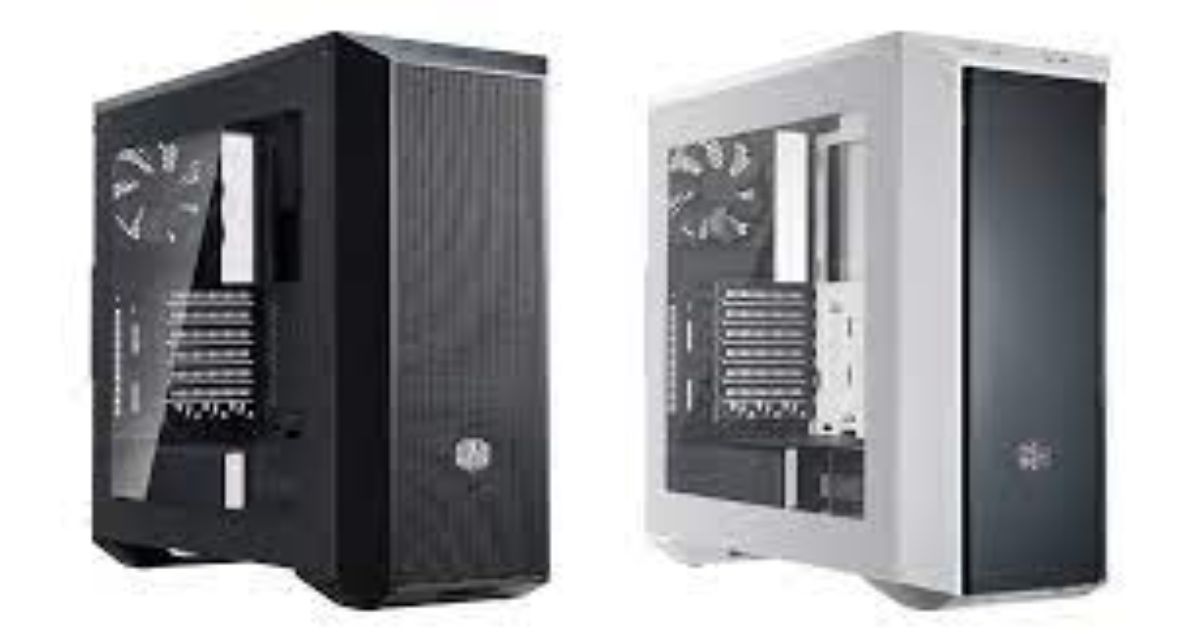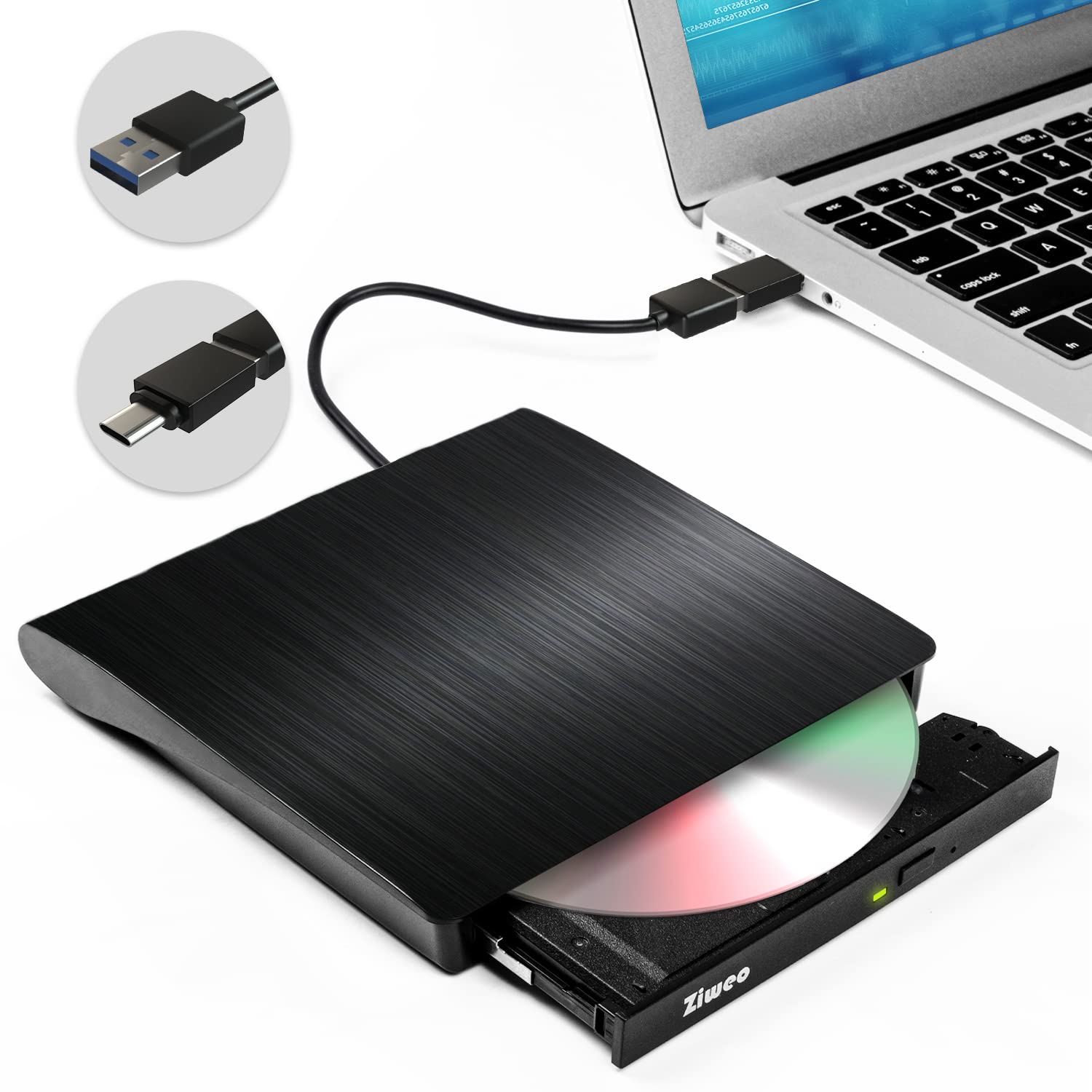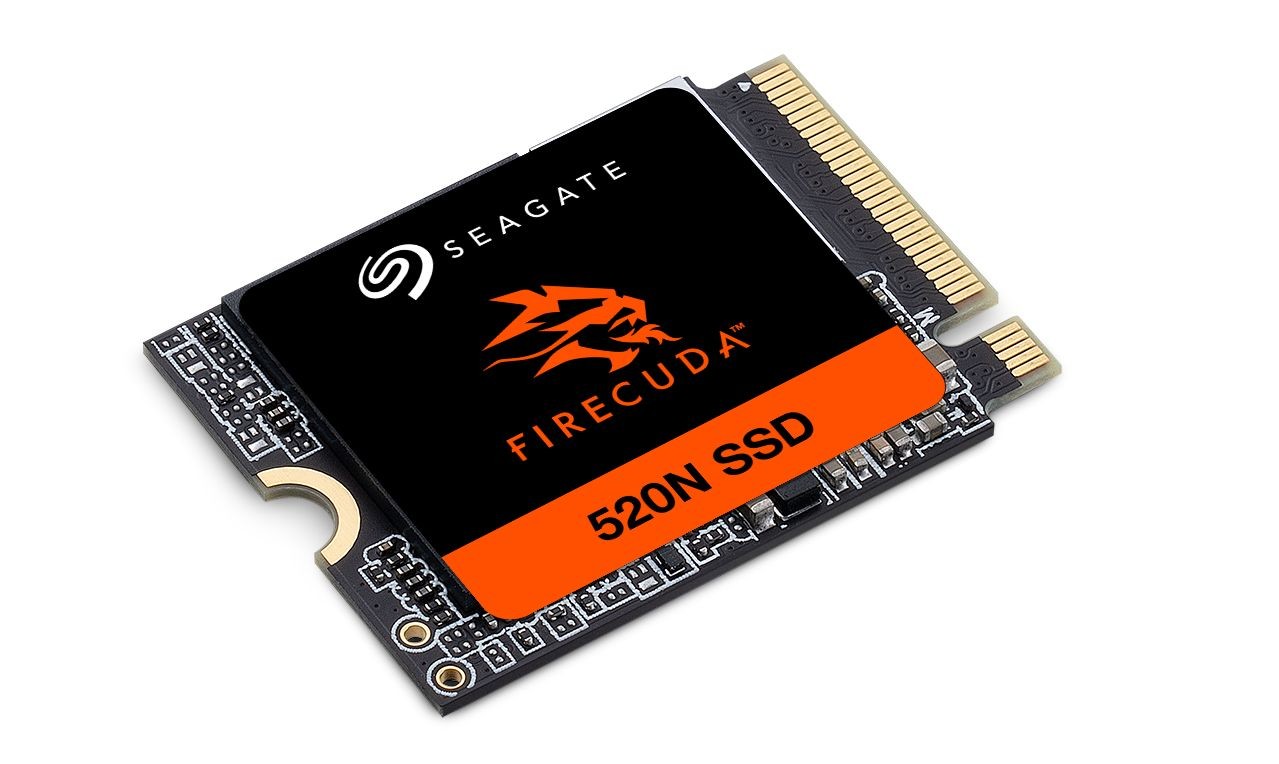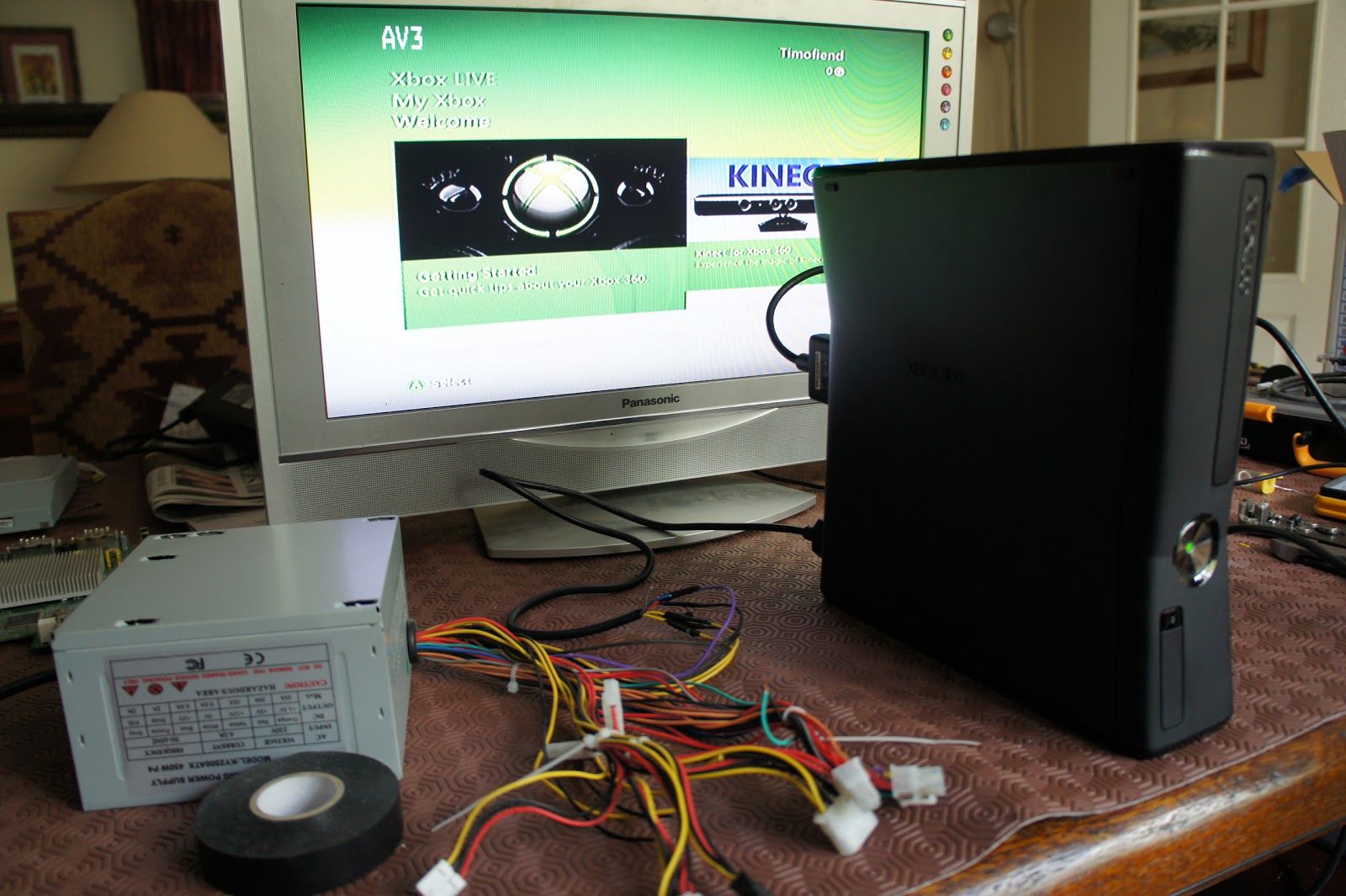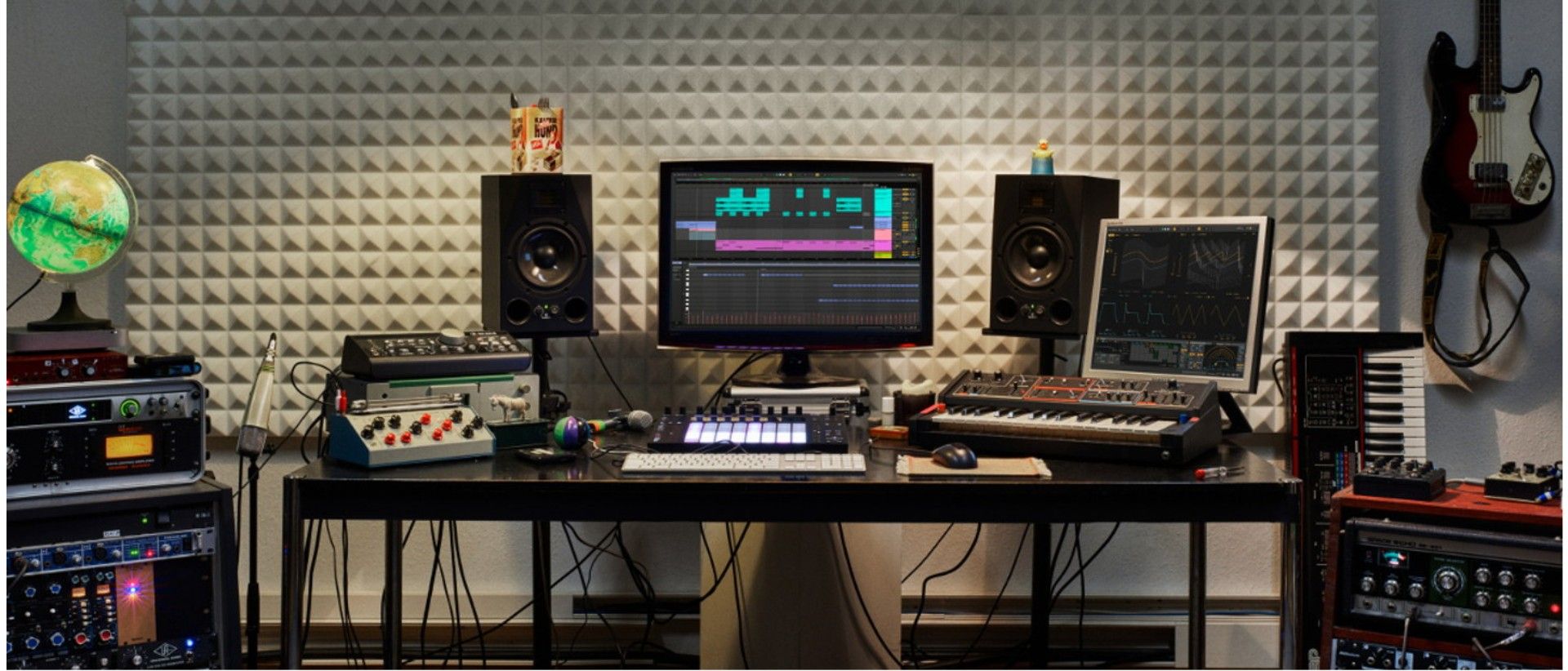Introduction
When purchasing a new PC case, there are many factors to consider, such as size, design, and airflow. However, one question that often arises is whether the PC case comes with a disc drive. In the past, disc drives were a standard component in PC cases, allowing users to read and write CDs and DVDs. But with the advancement of technology and the rise of digital media, the need for disc drives has declined. This begs the question: When you buy a PC case, does it come with a disc drive?
In this article, we will explore the current state of disc drives in PC cases and discuss the factors you should consider when purchasing a PC case with a disc drive. We will also explore alternatives to disc drives that have become popular in recent years. By the end of this article, you will have a better understanding of whether a disc drive is necessary for your PC build and how to choose the right PC case for your needs.
What is a PC Case?
A PC case, also known as a computer chassis or tower, is the enclosure that houses all the components of a computer. It provides structural support, protection, and cooling for the internal hardware. PC cases come in various sizes, shapes, and designs to accommodate different motherboard form factors and component configurations.
In addition to being a functional component, PC cases also play a role in the aesthetic appeal of a computer setup. They often feature stylish designs, tempered glass panels, RGB lighting, and customizable elements to showcase the internal components and create a visually pleasing gaming or workstation environment.
PC cases have evolved over time to meet the changing needs of computer enthusiasts and professionals. They now come with various features and options, such as modular layouts, cable management systems, fan and radiator support, dust filters, and tool-less installation designs for easy assembly and upgrading.
Overall, a PC case serves as the foundation for your computer build, providing the necessary structure, organization, and accessibility for all the internal components. It is an essential component that determines the overall functionality and aesthetics of your computer setup.
The Decline of Disc Drives
Disc drives, particularly optical drives like CD-ROMs and DVD-ROMs, were once a standard feature in PC cases. However, in recent years, we have seen a significant decline in the use of disc drives for several reasons.
Firstly, the rapid evolution of digital media and online platforms has reduced the need for physical discs. With the rise of streaming services, digital downloads, and cloud storage, users can now easily access movies, music, software, and other content without the need for a disc. This convenience and immediate availability have made physical media less relevant in today’s tech-centric world.
Secondly, disc drives take up valuable space within a PC case. As computer components have become smaller and more compact, manufacturers have focused on maximizing the internal space for more powerful processors, dedicated graphics cards, and increased storage options. Disc drives have gradually been phased out to make room for these modern components.
An additional factor contributing to the decline of disc drives is their limited read and write speeds compared to alternative storage options. For instance, solid-state drives (SSDs) and USB flash drives offer much faster data transfer rates, allowing for quicker file access and program loading times. These alternatives have become more popular as they provide superior performance and reliability compared to traditional disc drives.
Furthermore, disc drives are not without their drawbacks. They can be noisy during operation, generate heat within the case, and are prone to mechanical failure over time. By eliminating disc drives from PC cases, manufacturers can create quieter, cooler, and more reliable systems.
Overall, the decline of disc drives in PC cases can be attributed to the advancements in digital media, the need for more space for modern components, faster and more reliable storage alternatives, and the desire for quieter and cooler computer systems.
Do PC Cases Come with Disc Drives?
The answer to this question depends on various factors, including the specific PC case model and manufacturer. In general, it can be said that the inclusion of a disc drive in a PC case has become less common in recent years due to the decline in the use of physical media. However, there are still some PC cases available in the market that come with built-in disc drives.
When browsing through different PC case options, it is important to carefully read the specifications and product descriptions to determine if a disc drive is included. Some PC case models may have a specific variant or version that includes a disc drive, while others may offer the option to add a disc drive separately.
It is worth noting that the omission of a disc drive in PC cases has become a design choice by manufacturers who prioritize sleek and compact designs or focus on supporting modern storage solutions. This allows for better cable management, improved airflow, and increased flexibility in component placement.
If having a disc drive is a necessity for your specific use case, you can still find PC cases that cater to this demand. Look for models labeled as “media center” or “home theater PC” (HTPC) cases, as these are more likely to include a disc drive bay or slot.
Additionally, if you already have a disc drive that you want to incorporate into your PC build, you can consider purchasing a PC case that provides external drive bays or internal drive mounting options. This way, you can install your existing disc drive without any issues.
Ultimately, it is essential to carefully research and choose a PC case that aligns with your specific needs and preferences. Whether you require a disc drive or not, there are numerous options available in the market to accommodate your requirements and provide a suitable PC case solution.
Factors to Consider When Buying a PC Case with a Disc Drive
If you have a specific need for a PC case with a disc drive, there are several factors you should consider before making a purchase. These factors will help ensure that you choose a PC case that meets your requirements and provides a seamless and efficient disc drive experience.
Compatibility: Check the compatibility of the disc drive with the PC case. Make sure the case has the appropriate drive bay or mounting options to accommodate the size and type of disc drive you wish to install. This includes considering the dimensions of the drive, whether it is a 5.25-inch or 3.5-inch form factor.
Number of Drive Bays: Determine how many disc drives you need to install in your PC case. Some cases may have multiple drive bays, allowing you to install multiple drives for added convenience and versatility.
Design and Size: Consider the overall design and size of the PC case to ensure it fits within your workspace and complements your aesthetic preferences. Take into account the dimensions, weight, and form factor of the case, as well as any specific design elements or features that are important to you.
Internal Layout and Airflow: Assess the internal layout and airflow capabilities of the case. A good airflow design will ensure that the disc drive and other components stay cool during operation, minimizing the risk of overheating. Features like dust filters, cable management options, and fan mounting points should also be considered.
Noise Level: Evaluate the noise level produced by the case and its included cooling fans. Opt for a case that offers quiet operation, especially if noise is a concern for your specific use case.
Expandability: Consider whether the PC case provides room for future expansion. This includes the ability to add additional drives, upgrade components, or incorporate new technologies that may become available in the future.
Brand and Build Quality: Research the reputation and build quality of the PC case manufacturer. Look for reputable brands known for their attention to detail, durability, and customer support. This ensures that you are investing in a high-quality product that will last.
By taking these factors into account, you can narrow down your options and choose a PC case that not only includes a disc drive but also offers the features and qualities that are important to you. It is important to strike a balance between functionality, compatibility, and aesthetics to create the ideal platform for your computing needs.
Alternatives to Disc Drives in PC Cases
With the decline in the use of disc drives, there are several alternatives available for users who still require optical media capabilities in their PC setup. These alternatives provide convenience, faster data transfer rates, and better compatibility with modern storage formats. Here are some popular alternatives to disc drives in PC cases:
External USB Optical Drives: External USB optical drives are portable devices that can be connected to your computer via a USB port. These drives can read and write CDs, DVDs, and Blu-ray discs, making them a versatile solution if you only occasionally need disc functionality. They are also an excellent choice for laptops or compact PCs that do not have built-in disc drives.
Network Attached Storage (NAS): NAS devices are specialized storage devices connected to your home network, allowing you to access and share files across multiple devices. Many NAS devices come with the ability to read and write data to optical media, making them a practical solution for individuals or small businesses that need a centralized storage hub with disc drive capabilities.
Virtual Optical Drives: Virtual optical drives are software-based solutions that emulate the functionality of a physical disc drive. Instead of using a physical disc, you can create disc images (ISO files) and mount them as virtual drives. This allows you to access the content of the disc without the need for a physical drive. Virtual optical drives are especially useful for software installations, as you can store multiple disc images on your hard drive or SSD.
Cloud Storage and Online Platforms: As mentioned earlier, the rise of cloud storage and online platforms has made physical media less relevant. Cloud storage services such as Google Drive, Dropbox, and OneDrive provide convenient online storage options for your files, eliminating the need for physical discs. Many media platforms, such as Netflix and Spotify, offer streaming services for movies, music, and other content, further reducing reliance on discs.
USB Flash Drives and External Hard Drives: USB flash drives and external hard drives offer larger storage capacities and faster data transfer rates compared to disc drives. These portable storage devices can store a significant amount of data, making them an excellent alternative for transferring files, backing up data, and sharing media without the need for physical discs.
Digital Downloads and Online Purchases: The vast majority of software, games, and media can now be digitally downloaded and purchased directly from online platforms such as Steam, Microsoft Store, and Amazon. This eliminates the need for physical media altogether and allows for immediate access to content without the need for a disc drive.
When considering alternatives to disc drives in PC cases, it is important to evaluate your specific needs and usage patterns. Depending on your requirements, one or a combination of these alternatives may provide the functionality and convenience you are looking for in your PC setup.
Conclusion
In the ever-evolving landscape of technology, the need for disc drives in PC cases has significantly declined. With the rise of digital media, faster storage technologies, and the convenience of online platforms, physical discs have become less relevant for many users. As a result, PC cases with built-in disc drives have become less common.
When buying a PC case, it is important to consider your specific needs and preferences. If a disc drive is essential for your workflow or entertainment purposes, there are still options available in the market that cater to this requirement. Media center or home theater PC cases, as well as cases with external drive bays or mounting options, can provide the necessary accommodations for disc drives.
However, it is worth noting that there are viable alternatives to disc drives. External USB optical drives, network attached storage devices, virtual optical drives, cloud storage services, USB flash drives, external hard drives, and digital downloads all offer convenient solutions without the need for a physical disc drive.
Ultimately, the choice of whether to include a disc drive in your PC case depends on your specific use case and preferences. Consider factors such as compatibility, design, size, airflow, noise level, expandability, and brand reputation. By carefully evaluating these factors and exploring the alternatives available, you can choose a PC case that meets your needs while future-proofing your setup.
Regardless of whether your PC case includes a disc drive or not, the most important aspect is to build a system that suits your requirements and enhances your overall computing experience. Technology continues to evolve, and it is crucial to adapt to the changing landscape to ensure your PC setup remains efficient, functional, and enjoyable.







